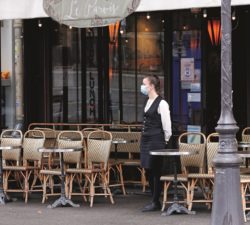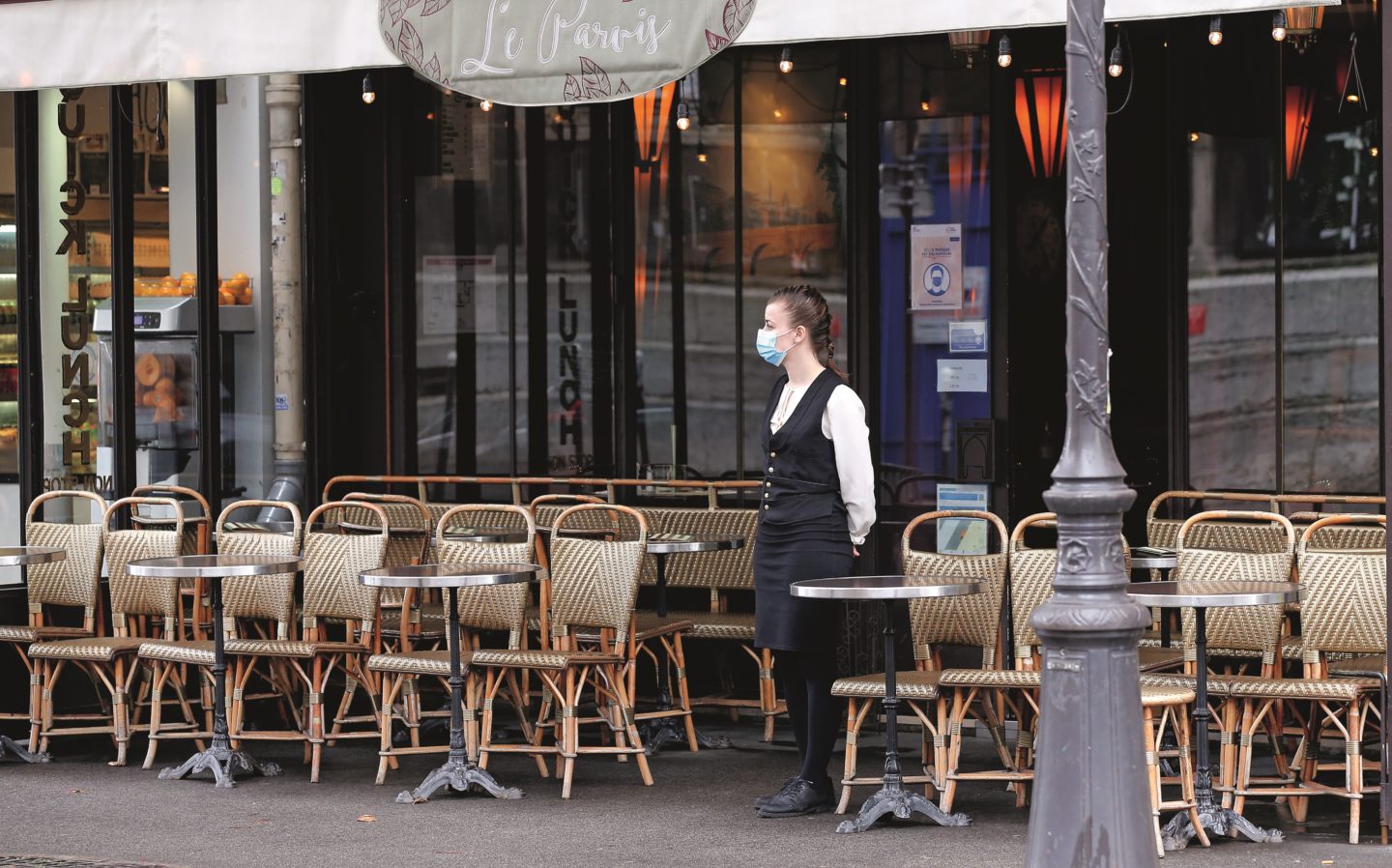From LEGO to Walmart to LVMH Moet Hennessy, family businesses account for as many as two thirds of all companies worldwide with some, like Hoshi (which was founded in 718), dating back well over a thousand years. These businesses have weathered pandemics, financial crises and waves of industrialization.
However, 2020 was different. The COVID-19 pandemic has hit most companies hard. While many family enterprises – by which we mean a business that is dominantly controlled by a family with the intention to sustain family control across generations – have honed and developed the capability to survive shocks, the current crisis has been unique in its complexity and has challenged even the most resilient and adaptable firms.
At the end of March 2021, after 60 years of providing four-star accommodation in Zurich, the Glärnischhof will close due to the effects of the pandemic. A 95% drop in revenues was more than the hotel could bear. Its owners have spent recent weeks…


